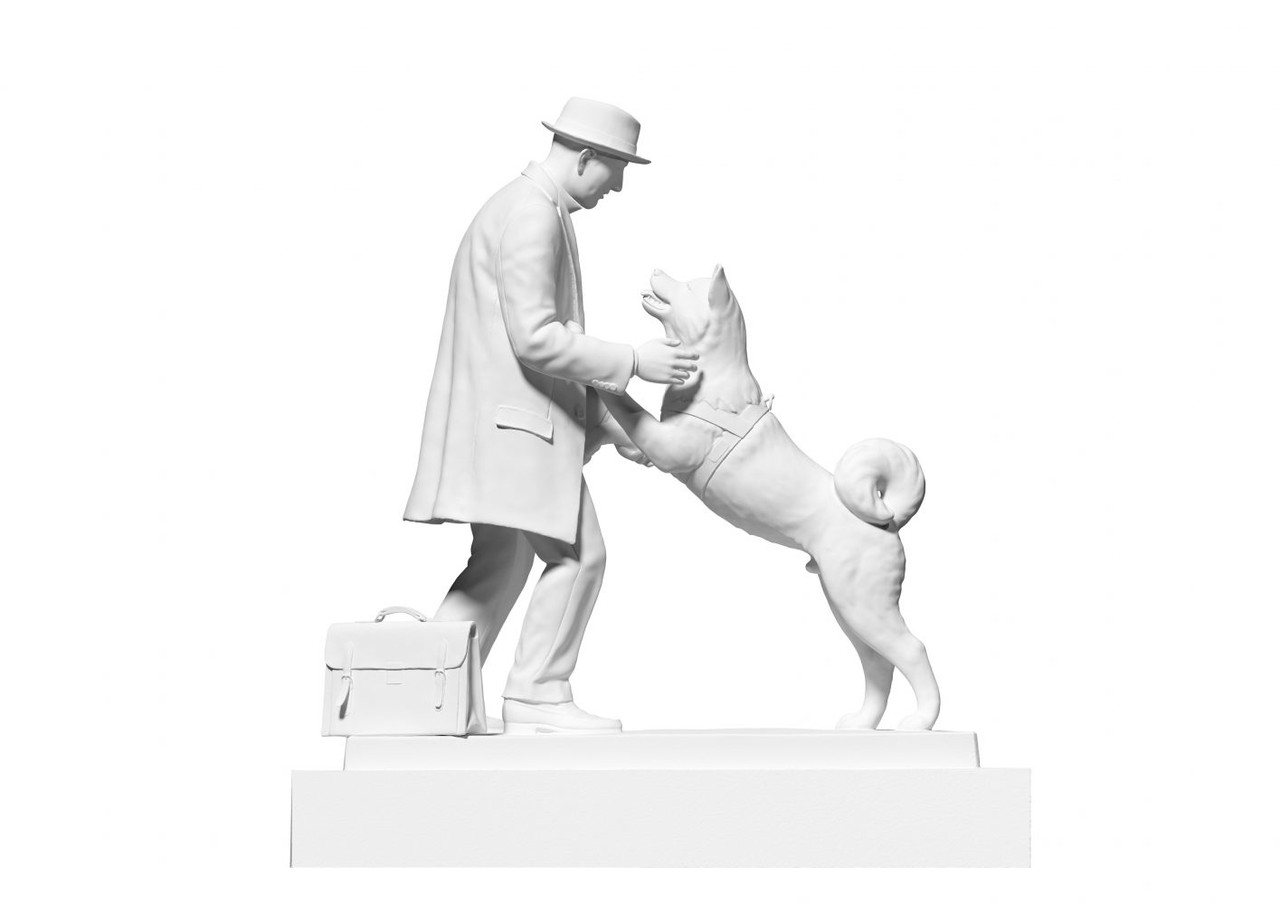Oliver Laric
Panoramafreiheit
02 Dec 2017 - 21 Jan 2018
OLIVER LARIC
Panoramafreiheit
2 December 2017 – 21 January 2018
Curated by Marie-Eve Lafontaine
“Panoramafreiheit”, opening at Schinkel Pavillon on December 1st, is the first institutional solo exhibition of the Austrian-born artist Oliver Laric in Berlin. In his work Laric effortlessly converts qualities of the digital such as reproduction, limitless variability and instant distribution into the physical realm. Systematically, he investigates the topic of representation and its various forms of appearance: repetition, forgery, appropriation and copying. In such reconnections he naturally dissolves the antagonism between digital and analogue art.
The starting point for his exhibition at Schinkel Pavillon was Beethoven, based on the original sculpture by Max Klinger from 1902. Composed of seventeen separate 3-D printed components, it is the largest and most complex object Laric has created to date. Outstanding from a technological perspective, the original 3D-model does not originate from a 3D-scan, but has been manually created using photographic images. This approach marks a new chapter in Laric’s body of work. His effort to make visual art, which is normally locked in the museum space, accessible to an increasingly digital society regardless of social, geographical or cultural boundaries naturally represents challenges for public institutions. In this regard such organizations are confronted with the complex legal ambiguities of copyright and rights of use. The exhibition title “Panormafreiheit” describes the legal right to photograph and publish everything present in public space. Besides the three physical sculptures Beethoven, Hermanubis and Pan with Bears in the octagon of Schinkel Pavillon their data is available and free for download on the website threedscans.com representing an integral part of the exhibition. With this gesture Laric raises questions about the concepts of authorship and originality and the relationship between technology and creativity. “Panoramafreiheit” enters a highly important debate, which will surely remain considerably relevant in the future.
Oliver Laric (*1981) lives and works in Berlin. He studied at the Universität für Angewandte Kunst in Vienna. Amongst others his work has been shown in solo exhibitions at the Secession, Wien, 2016; Museum of Contemporary Art, Cleveland, 2016; Center for Contemporary Art, Tel Aviv, 2015; Austrian Cultural Forum, London, 2015; Hirshhorn Museum and Sculpture Garden, Washington, 2014; MIT List Visual Arts Center, Cambridge, 2013.
Panoramafreiheit
2 December 2017 – 21 January 2018
Curated by Marie-Eve Lafontaine
“Panoramafreiheit”, opening at Schinkel Pavillon on December 1st, is the first institutional solo exhibition of the Austrian-born artist Oliver Laric in Berlin. In his work Laric effortlessly converts qualities of the digital such as reproduction, limitless variability and instant distribution into the physical realm. Systematically, he investigates the topic of representation and its various forms of appearance: repetition, forgery, appropriation and copying. In such reconnections he naturally dissolves the antagonism between digital and analogue art.
The starting point for his exhibition at Schinkel Pavillon was Beethoven, based on the original sculpture by Max Klinger from 1902. Composed of seventeen separate 3-D printed components, it is the largest and most complex object Laric has created to date. Outstanding from a technological perspective, the original 3D-model does not originate from a 3D-scan, but has been manually created using photographic images. This approach marks a new chapter in Laric’s body of work. His effort to make visual art, which is normally locked in the museum space, accessible to an increasingly digital society regardless of social, geographical or cultural boundaries naturally represents challenges for public institutions. In this regard such organizations are confronted with the complex legal ambiguities of copyright and rights of use. The exhibition title “Panormafreiheit” describes the legal right to photograph and publish everything present in public space. Besides the three physical sculptures Beethoven, Hermanubis and Pan with Bears in the octagon of Schinkel Pavillon their data is available and free for download on the website threedscans.com representing an integral part of the exhibition. With this gesture Laric raises questions about the concepts of authorship and originality and the relationship between technology and creativity. “Panoramafreiheit” enters a highly important debate, which will surely remain considerably relevant in the future.
Oliver Laric (*1981) lives and works in Berlin. He studied at the Universität für Angewandte Kunst in Vienna. Amongst others his work has been shown in solo exhibitions at the Secession, Wien, 2016; Museum of Contemporary Art, Cleveland, 2016; Center for Contemporary Art, Tel Aviv, 2015; Austrian Cultural Forum, London, 2015; Hirshhorn Museum and Sculpture Garden, Washington, 2014; MIT List Visual Arts Center, Cambridge, 2013.

